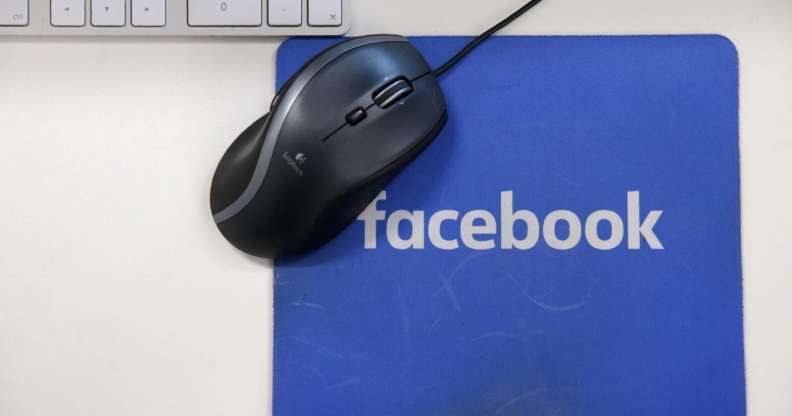Facebook trustworthiness survey revealed – and it’s just two questions long

Facebook has reportedly been targeting LGBT users (DANIEL LEAL-OLIVAS/AFP/Getty Images)
The survey Facebook will use to measure the trustworthiness of news outlets has been revealed.
The two-question questionnaire will be disseminated to selected Facebook users who will have the potential to rank how “trustworthy” they believe the publication to be, with more “trusted” publications given more visibility on the social media site.
The new rule, which was announced by Mark Zuckerberg in a Facebook post, has caused concern that vulnerable groups and publications affecting those groups could have their visibility and rights affected in the process.
Facebook will ask the users the following:
Do you recognize the following websites:
Yes
No
How much do you trust each of these domains?
Entirely
A lot
Somewhat
Barely
Not at all
A Facebook spokesperson confirmed to Buzzfeed this as the only version of the survey in use.
The questions were prepared by the company itself and not by an outside party, raising questions about whether the company have sought the appropriate expertise before implementing the survey and its results.
A series of journalists, LGBT+ groups and experts have spoken out against the questionnaire, raising concerns that it could lead to a rise in “misinformation” and “persecution” of vulnerable groups like the LGBT+ community.
“We’re keen to see measures in place to ensure news rating systems aren’t abused by homophobic, biphobic or transphobic trolls targeting LGBT+ websites and publications. Social media platforms can be a valuable source of information and connection for lesbian, gay, bi and trans people, particularly in countries where being LGBT+ is illegal or culturally taboo,” said a Stonewall spokesperson.
Benjamin Cohen, Chief Executive of PinkNews Media Group said: “The changes that Facebook is making could lead to homophobes being asked to evaluate the ‘trustworthiness’ of LGBT+ media.
“If large numbers of people tell Facebook that a publisher is untrustworthy, its content could be restricted for distribution on the Facebook newsfeed.
“This is unhealthy for democracy and for LGBT+ rights. I urge Facebook to issue greater clarity about how LGBT+ and other minority media will not unintentionally be discriminated against as a result of its policy changes.”

